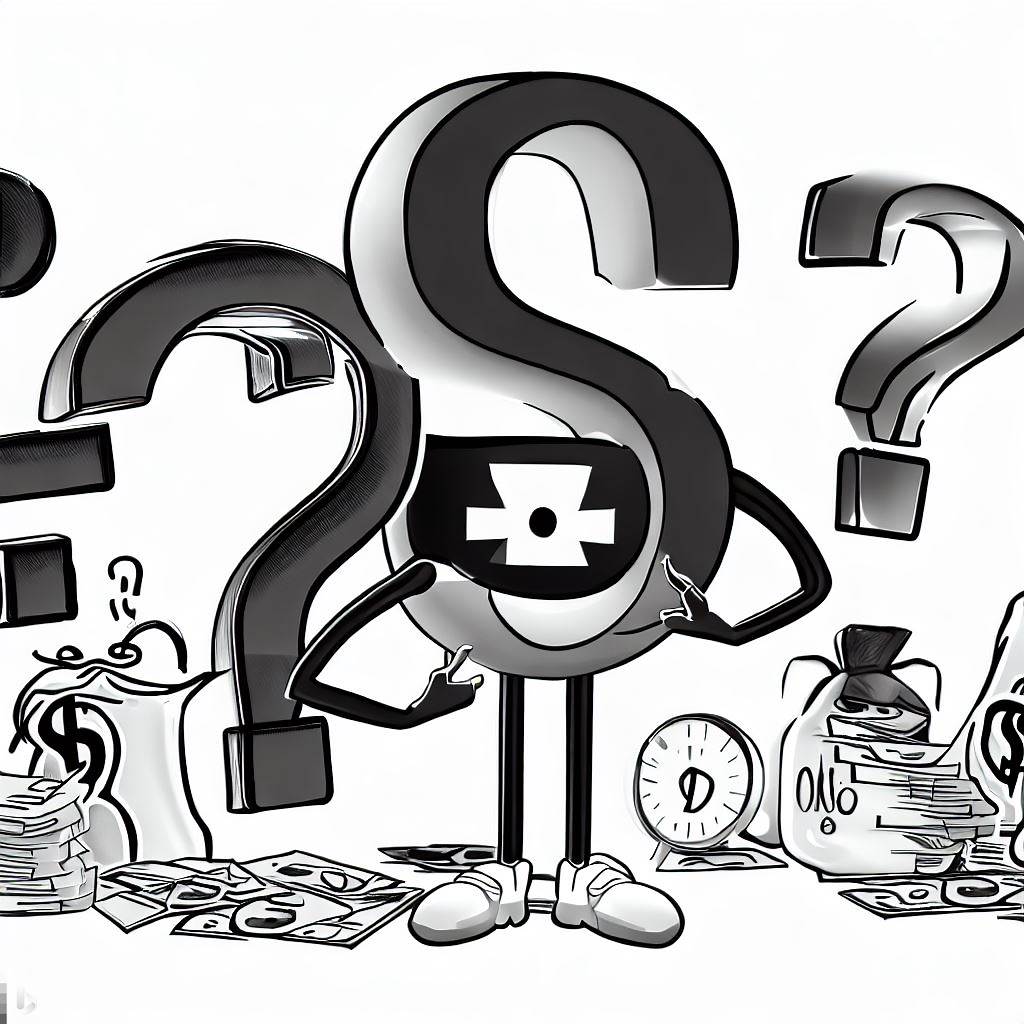Worried about your KiwiSaver balance in a growth fund? Learn why it may be experiencing negative returns and how to navigate it for long-term success.
___________________________________________
“What is happening with everyone’s kiwi saver balances lately? I know the economy isn’t great but mine has been sitting in negative returns for quite a while now. I’m in a growth fund.“
(Original question on Reddit)
___________________________________________
It’s true that the economy has been going through a rough patch lately, and it’s natural to be concerned about your KiwiSaver balance. You mentioned that you’re in a growth fund, which is generally considered to be a higher-risk investment option. Let’s discuss why your growth fund has been experiencing negative returns and whether it’s the right fund for you.
Risk vs. Volatility:
It’s essential to understand the distinction between risk and volatility. Risk refers to the possibility of losing your invested capital, while volatility refers to the degree of price fluctuations in your investments.
Growth funds, such as the one you’re in, typically have a higher exposure to stocks, which can lead to greater volatility. So, it’s common for these funds to experience periods of negative returns, especially during economic downturns or market corrections.
Volatility is a natural part of investing, and assessing whether your KiwiSaver fund’s risk level aligns with your risk tolerance is important.
Long-term Investing:
KiwiSaver is designed as a long-term investment vehicle, typically intended for retirement savings. Short-term fluctuations in your balance are normal, and it’s crucial not to make hasty decisions based on short-term performance.
Historically, the stock market has shown a strong upward trend over the long term. So, while your KiwiSaver balance may have negative returns now, it’s important to consider your investments’ performance over a more extended period.
Financial Goals:
Review your financial goals and time horizon. Are you investing in KiwiSaver primarily for retirement, or do you have other short-term objectives?
If your primary goal is retirement, remember that you have a more extended investment horizon, which means you can afford to weather short-term downturns.
If your financial situation or goals have changed, consider revisiting your KiwiSaver investment strategy.
In summary, it’s common for KiwiSaver balances in growth funds to experience negative returns during economic challenges. Understanding the difference between risk and volatility, having a long-term perspective, and aligning your investment strategy with your financial goals are all critical aspects of managing your KiwiSaver account effectively. If you have concerns or need clarification about your fund’s performance, consider consulting with a financial advisor for personalized guidance.
Hope this helps.
Regards, Clive Fernandes (Financial Adviser)
Director – National Capital
Disclosure: I am the director of National Capital, a KiwiSaver advice firm. The views expressed in this article are the views of the author. The information provided is of a general nature and is not intended to be personalised financial advice. You may seek appropriate financial advice from a Financial Adviser to suit your individual circumstances or contact National Capital.
